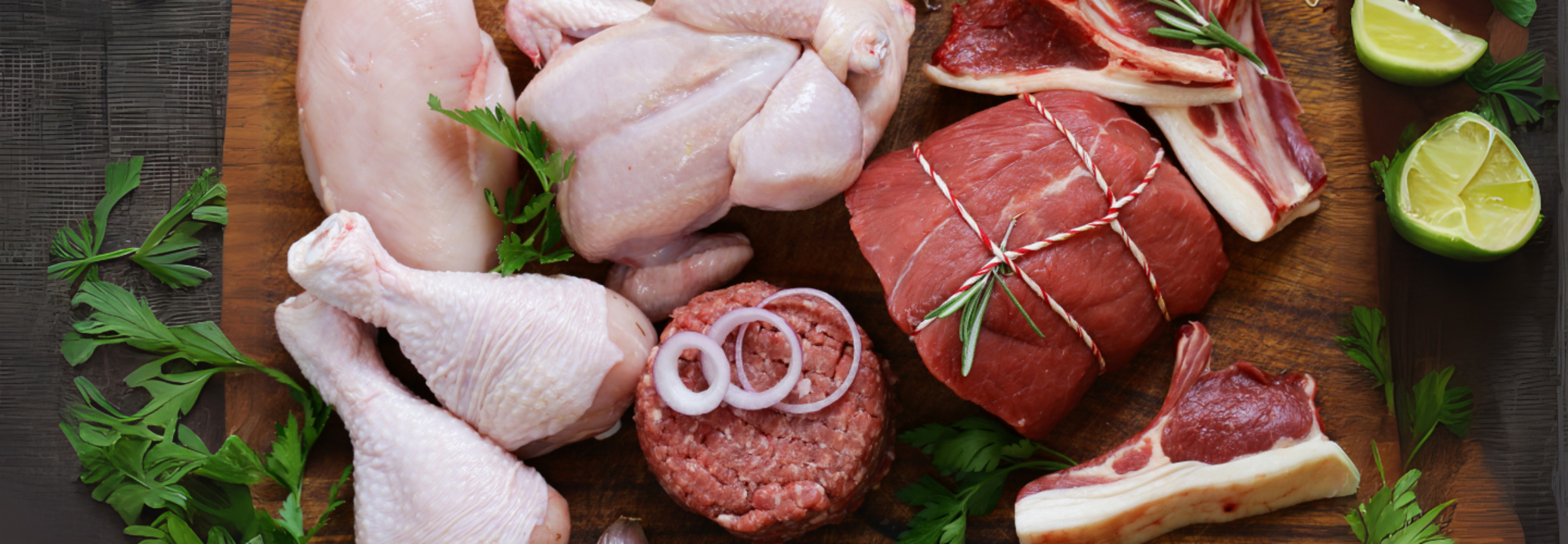Can You Get Bird Flu From Eating Chicken? List Of Foods You Should Avoid

Image Credit: Canva
SummaryBird flu (H5N1) is a contagious virus affecting birds and, rarely, humans. Currently, it hasn't been become airborne, but if H5N1's genetic makeup is changed in such a manner that it can be airborne, scientists fear that it may lead to a deadly pandemic.
End of Article
